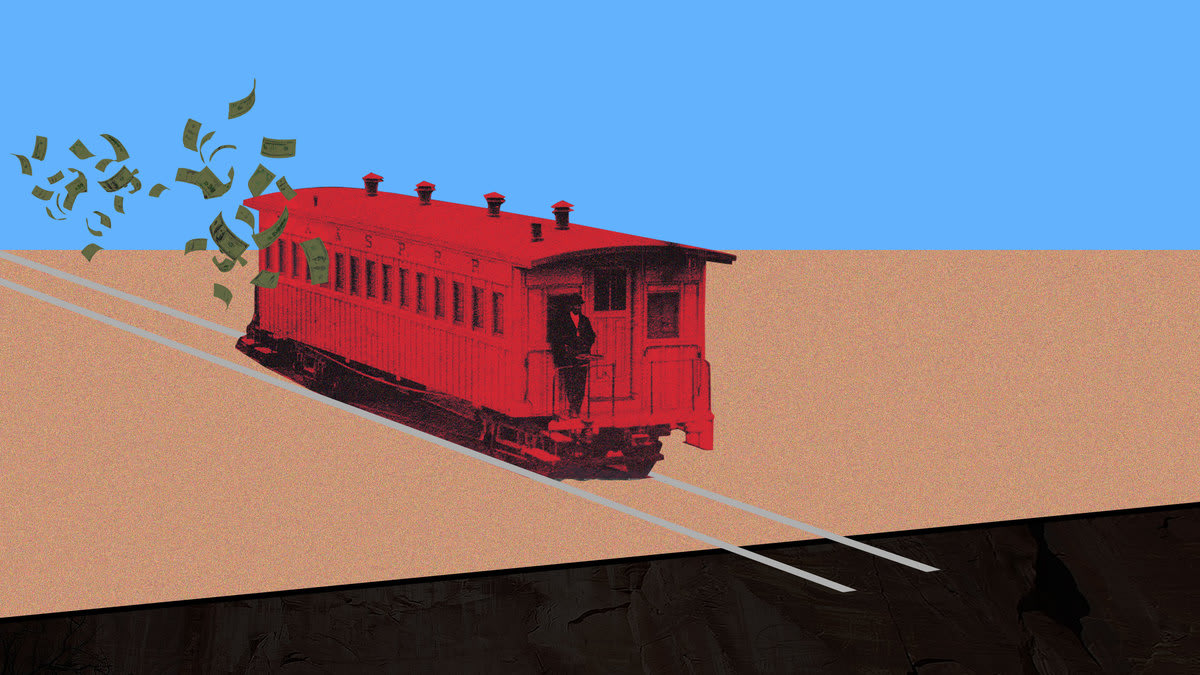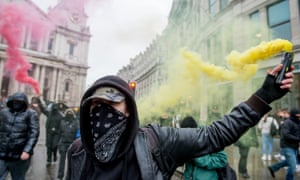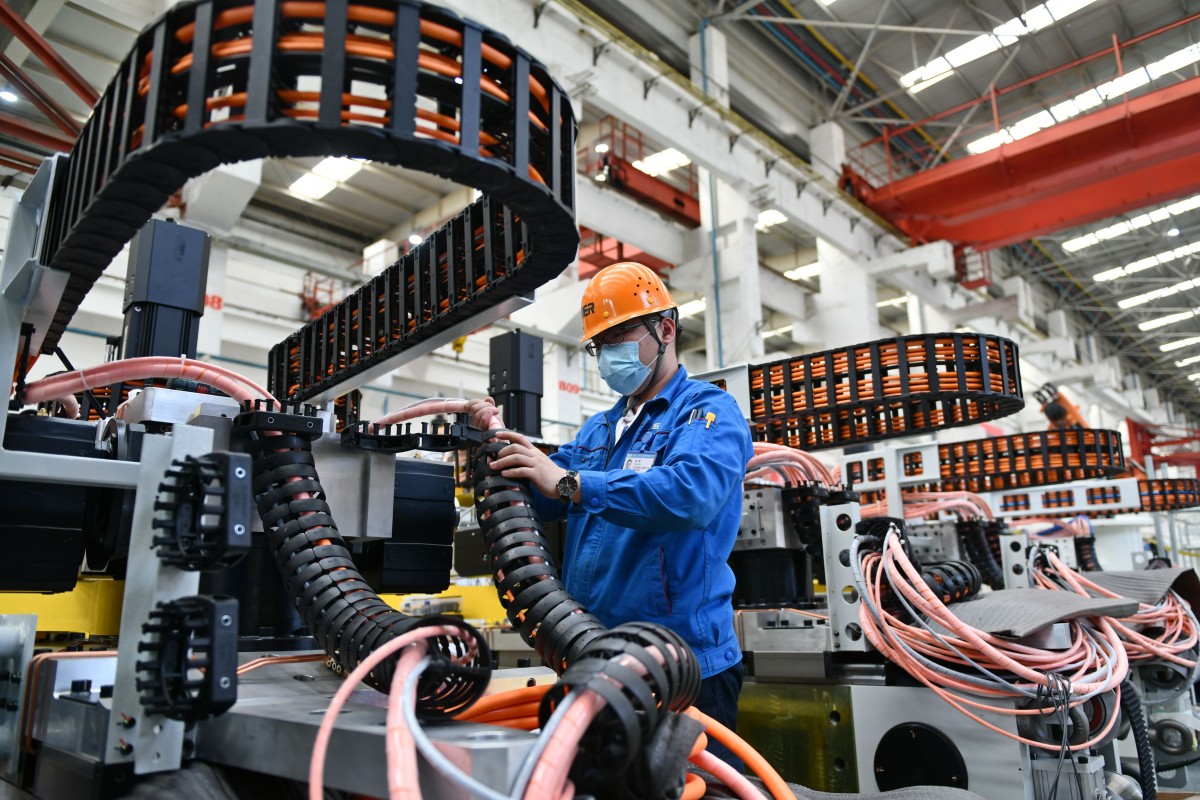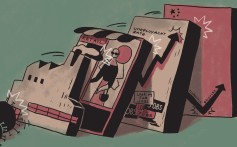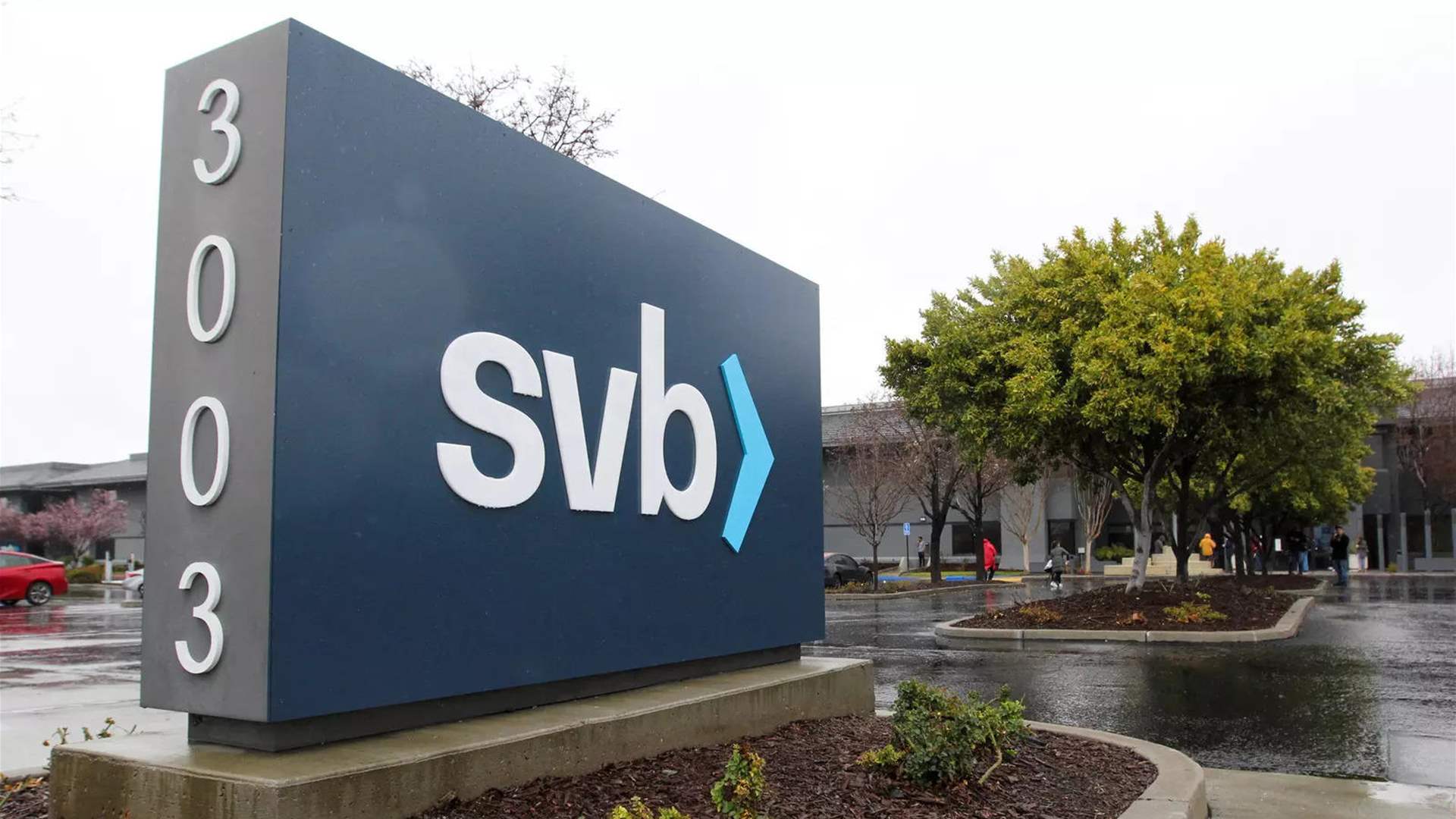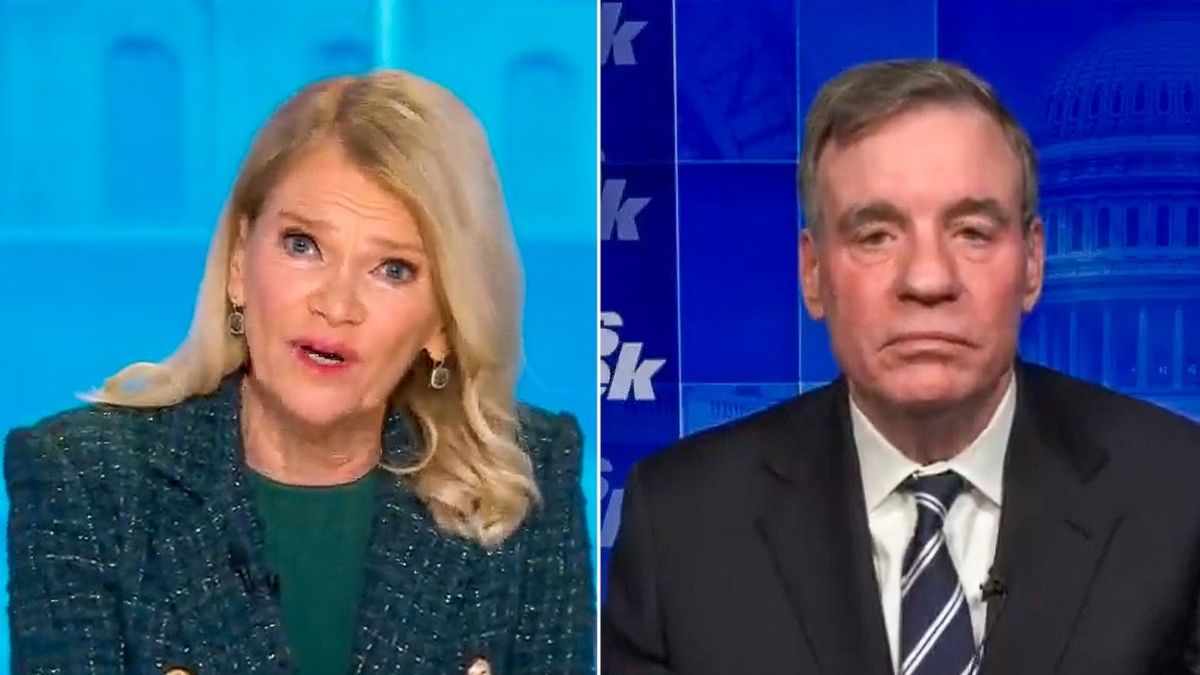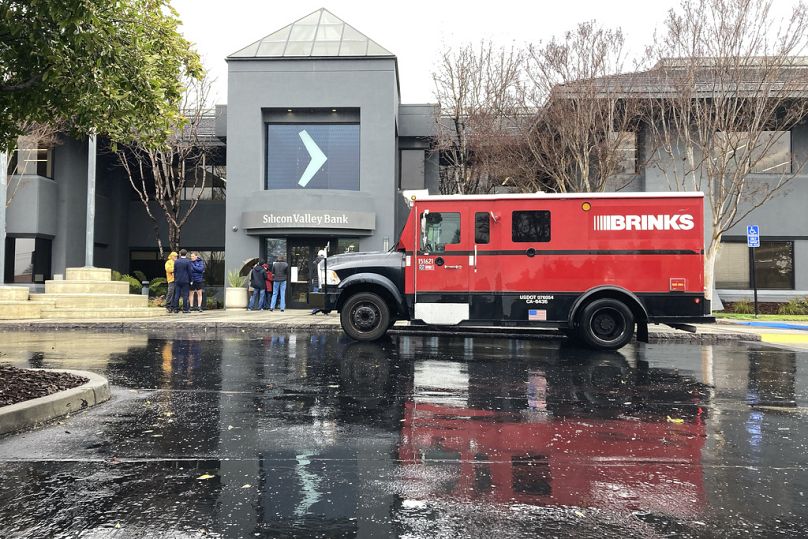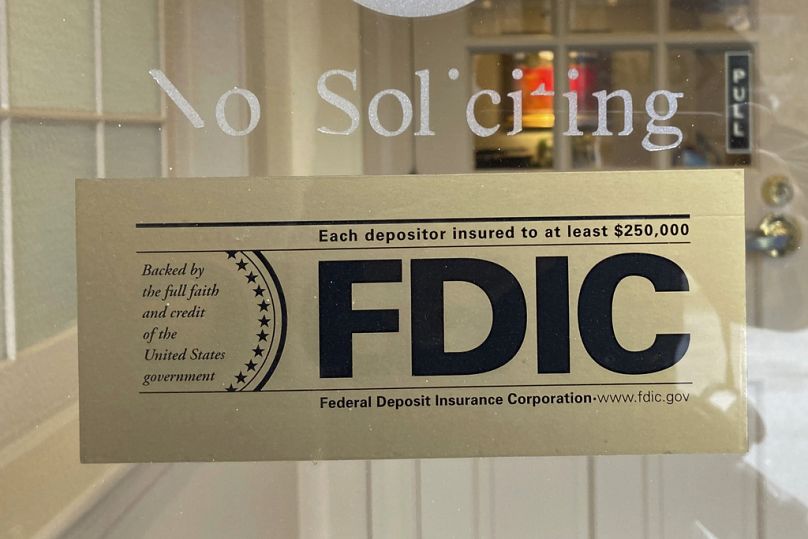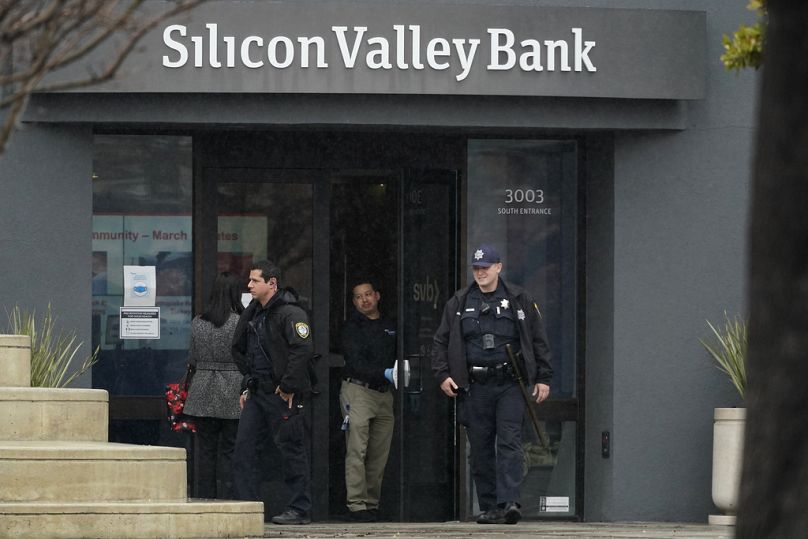By John Smith
APRIL 5, 2020
Republished from Open Democracy. This article is part of Open Democracy’s 'Decolonising the economy' series.
“Global yields lowest in 500 years of recorded history. $10 trillion of negative rate bonds. This is a supernova that will explode one day,” tweeted Bill Gross, the ‘bond king’, in 2016.
This day has come closer. Capitalism now faces the deepest crisis in its several centuries of existence. A global slump has begun that is already devastating the lives of hundreds of millions of working people on all continents. The consequences for workers and poor people in Asia, Africa, and Latin America will be even more extreme than for those living in Europe and North America, both with respect to lives lost to coronavirus and to the existential threats to the billions of people already living in extreme poverty. Capitalism, an economic system based on selfishness, greed and dog-eat-dog competition, will more clearly than ever reveal itself to be incompatible with civilisation.
Why is supernova – the explosion and death of a star – an apt metaphor for what could now be about to unfold? Why could the coronavirus, an organism 1000th the diameter of a human hair, be the catalyst for such a cataclysm? And what can workers, youth and the dispossessed of the world do to defend ourselves and to ‘bring to birth a new world from the ashes of the old’, in the words of the US labour hymn, Solidarity Forever?
To find answers to these questions, we need to understand why the ‘global financial crisis’ that began in 2007 was much more than a financial crisis, and why the extreme measures taken by G7 governments and central banks to restore a modicum of stability – in particular the ‘zero interest rate policy’, described by a Goldman Sachs banker as “crack cocaine for the financial markets” – have created the conditions for today’s crisis.

GLOBAL CAPITALISM’S ‘UNDERLYING HEALTH ISSUES’
The first stage of a supernova is implosion, analogous to the long-term decline in interest rates that began well before the onset of systemic crisis in 2007, which has accelerated since then, and which fell off a cliff just as coronavirus began its rampage in early January 2020. Falling interest rates are fundamentally the result of two factors: falling rates of profit, and the hypertrophy of capital, i.e. its tendency grow faster than the capacity of workers and farmers to supply it with the fresh blood it needs to live. As Marx said, in Capital vol. 1, “capital’s sole driving force [is] the drive to valorise itself, to create surplus-value… capital is dead labour which, vampire-like, only lives by sucking living labour, and lives the more, the more labour it sucks.”
These two factors combine to form a doom loop of awesome destructive power. Let us examine its most important linkages.
Many things both mask and counteract the falling rate of profit, turning this into a tendency that only reveals itself in times of crisis, of which the most important has been the shift of production from Europe, North America and Japan to take advantage of the much higher rates of exploitation available in low-wage countries. The falling rate of profit manifests itself in a growing reluctance of capitalists to invest in production; more and more of what they do invest in is branding, intellectual property and other parasitic and non-productive activities. This long-running capitalist investment strike is amplified by the global shift of production – boosting profits by slashing wages rather than by building new factories and deploying new technologies. This enables huge mark-ups, turbo-charging the accumulation of vast wealth for which capitalists have no productive use – hence the hypertrophy of capital.
This, in turn, results in declining interest rates – as capitalists compete with each other to purchase financial assets, they bid up their price, and the revenue streams they generate fall in proportion – hence falling interest rates. Falling interest rates and rising asset values have created what is, for capitalist investors, the ultimate virtuous circle – they can borrow vast sums to invest in financial assets of all kinds, further inflating their ‘value’.
Falling interest rates therefore have two fundamental consequences: the inflation of asset bubbles and the piling up of debt mountains. In fact, these are two sides of the same coin: for every debtor there is a creditor; every debt is someone else’s asset. Asset bubbles could deflate (if productivity increases), or else they will burst; economic growth could, over time, erode debt mountains, or else they will come crashing down.
Since 2008, productivity has stagnated across the world and GDP growth has been lower than in any decade since World War II, resulting in what Nouriel Roubini has called “the mother of all asset bubbles,” while aggregate debt (the total debt of governments, corporations and households), already mountainous before the 2008 financial crash, has since then more than doubled in size. The growth of debt has been particularly pronounced in the countries of the global South. Total debt for the 30 largest of them reached $72.5tn in 2019 – a 168% rise over the past 10 years, according to Bank of International Settlements data. China accounts for $43tn of this, up from $10tn a decade ago. In sum, well before coronavirus, global capitalism already had ‘underlying health issues’, it was already in intensive care.
APRIL 5, 2020
Republished from Open Democracy. This article is part of Open Democracy’s 'Decolonising the economy' series.
“Global yields lowest in 500 years of recorded history. $10 trillion of negative rate bonds. This is a supernova that will explode one day,” tweeted Bill Gross, the ‘bond king’, in 2016.
This day has come closer. Capitalism now faces the deepest crisis in its several centuries of existence. A global slump has begun that is already devastating the lives of hundreds of millions of working people on all continents. The consequences for workers and poor people in Asia, Africa, and Latin America will be even more extreme than for those living in Europe and North America, both with respect to lives lost to coronavirus and to the existential threats to the billions of people already living in extreme poverty. Capitalism, an economic system based on selfishness, greed and dog-eat-dog competition, will more clearly than ever reveal itself to be incompatible with civilisation.
Why is supernova – the explosion and death of a star – an apt metaphor for what could now be about to unfold? Why could the coronavirus, an organism 1000th the diameter of a human hair, be the catalyst for such a cataclysm? And what can workers, youth and the dispossessed of the world do to defend ourselves and to ‘bring to birth a new world from the ashes of the old’, in the words of the US labour hymn, Solidarity Forever?
To find answers to these questions, we need to understand why the ‘global financial crisis’ that began in 2007 was much more than a financial crisis, and why the extreme measures taken by G7 governments and central banks to restore a modicum of stability – in particular the ‘zero interest rate policy’, described by a Goldman Sachs banker as “crack cocaine for the financial markets” – have created the conditions for today’s crisis.

GLOBAL CAPITALISM’S ‘UNDERLYING HEALTH ISSUES’
The first stage of a supernova is implosion, analogous to the long-term decline in interest rates that began well before the onset of systemic crisis in 2007, which has accelerated since then, and which fell off a cliff just as coronavirus began its rampage in early January 2020. Falling interest rates are fundamentally the result of two factors: falling rates of profit, and the hypertrophy of capital, i.e. its tendency grow faster than the capacity of workers and farmers to supply it with the fresh blood it needs to live. As Marx said, in Capital vol. 1, “capital’s sole driving force [is] the drive to valorise itself, to create surplus-value… capital is dead labour which, vampire-like, only lives by sucking living labour, and lives the more, the more labour it sucks.”
These two factors combine to form a doom loop of awesome destructive power. Let us examine its most important linkages.
Many things both mask and counteract the falling rate of profit, turning this into a tendency that only reveals itself in times of crisis, of which the most important has been the shift of production from Europe, North America and Japan to take advantage of the much higher rates of exploitation available in low-wage countries. The falling rate of profit manifests itself in a growing reluctance of capitalists to invest in production; more and more of what they do invest in is branding, intellectual property and other parasitic and non-productive activities. This long-running capitalist investment strike is amplified by the global shift of production – boosting profits by slashing wages rather than by building new factories and deploying new technologies. This enables huge mark-ups, turbo-charging the accumulation of vast wealth for which capitalists have no productive use – hence the hypertrophy of capital.
This, in turn, results in declining interest rates – as capitalists compete with each other to purchase financial assets, they bid up their price, and the revenue streams they generate fall in proportion – hence falling interest rates. Falling interest rates and rising asset values have created what is, for capitalist investors, the ultimate virtuous circle – they can borrow vast sums to invest in financial assets of all kinds, further inflating their ‘value’.
Falling interest rates therefore have two fundamental consequences: the inflation of asset bubbles and the piling up of debt mountains. In fact, these are two sides of the same coin: for every debtor there is a creditor; every debt is someone else’s asset. Asset bubbles could deflate (if productivity increases), or else they will burst; economic growth could, over time, erode debt mountains, or else they will come crashing down.
Since 2008, productivity has stagnated across the world and GDP growth has been lower than in any decade since World War II, resulting in what Nouriel Roubini has called “the mother of all asset bubbles,” while aggregate debt (the total debt of governments, corporations and households), already mountainous before the 2008 financial crash, has since then more than doubled in size. The growth of debt has been particularly pronounced in the countries of the global South. Total debt for the 30 largest of them reached $72.5tn in 2019 – a 168% rise over the past 10 years, according to Bank of International Settlements data. China accounts for $43tn of this, up from $10tn a decade ago. In sum, well before coronavirus, global capitalism already had ‘underlying health issues’, it was already in intensive care.
Global capitalism – which is more imperialist than ever, since it is both more parasitic and more reliant than ever before on the proceeds of super-exploitation in low-wage countries – is therefore inexorably heading to supernova, towards the bursting of assets bubbles and the crashing of debt mountains. Everything that imperialist central banks have done since 2008 has been designed to postpone the inevitable day of reckoning. But now that day has come.
10-year US Treasury bonds are considered the safest of havens and the ultimate benchmark against which all other debt is priced. In times of great uncertainty, investors invariably stampede out of stock markets and into the safest bond markets, so as share prices fall, bond prices – otherwise known as ‘fixed income securities’ – rise. As they do, the fixed income they yield translates into a falling rate of interest. But not on March 9, when, in the midst of plummeting stock markets, 10-year US Treasury bond interest rates spiked upwards. According to one bond trader, “statistically speaking, [this] should only happen every few millennia.” Even in the darkest moment of the global financial crisis, when Lehman Brothers (a big merchant bank) went bankrupt in September 2008, this did not happen.
The immediate cause of this minor heart attack was the scale of asset-destruction in other share and bond markets, causing investors to scramble to turn their speculative investments into cash. To satisfy their demands, fund managers were obliged to sell their most easily-exchangeable assets, thereby negating their safe-haven status, and this jolted governments and central banks to take extreme action and fire their ‘big bazookas’, namely the multi-trillion dollar rescue packages – including a pledge to print money without limit to ensure the supply of cash to the markets. But this event also provided a premonition for what is down the road. In the end, dollar bills, like bond and share certificates, are just pieces of paper. As trillions more of them flood into the system, events in March 2020 bring closer the day when investors will lose faith in cash itself – and in the power of the economy and state standing behind it. Then the supernova moment will have arrived.
THE LEFT’S IMPERIALISM-DENIAL, AND ITS BELIEF IN THE ‘MAGIC MONEY TREE’
The gamut of the left in imperialist countries – the Jeremy Corbyn-led wing of the Labour Party in the UK; the motley crew of left-Keynesians such as Ann Pettifor, Paul Mason, Yanis Varoufakis; supporters of Bernie Sanders in USA – are united on two things: they all acknowledge, to one degree or another, that imperialist plunder of colonies and neocolonies happened in the past but do not acknowledge that imperialism continues in any meaningful way to define relations between rich and poor countries.
And they believe in one or other version of the ‘magic money tree’, in other words, they see the decline of interest rates into negative territory not as a flashing red light showing the extremity of the crisis, i.e. not as the implosion phase of a supernova, but as a green light to borrow money to finance increased state investment, social spending, a Green New Deal, and even a bit more foreign aid. In fact, there is no magic money tree. Capitalism cannot escape from this crisis, no matter how many trillions of dollars governments borrow or central banks print. The neoliberals rejected magical thinking, now they embrace it – this shows the extent of their panic, but it does not make magical thinking any less fantastical. The trillions they spent after 2007-8 bought another decade of zombie-like life for their vile system. This time they will be lucky to get 10 months, or even 10 weeks, before the explosion phase of the supernova begins.
CORONAVIRUS – CATALYST FOR CATACLYSM
The coronavirus pandemic occurred at the worst possible time: growth in the eurozone had shrunk to zero; much of Latin America and sub-Saharan Africa were already in recession; the sugar-high from Trump’s huge tax-giveaways to US corporations was fading; the US-China trade war was causing serious disruption to supply chains and was threatening to entangle the EU; and tens of millions of people joined mass protests in dozens of countries across the world.
Interest rates are now deep in negative territory – but not if you are Italy, facing an enormous increase in its debt/GDP ratio, not if you are an indebted corporation trying to refinance your debts, not if you are an ‘emerging market’. Since March 9, corporate interest rates have gone through the roof; in fact few corporations can borrow money at any price. Investors are refusing to lend to them. Corporations are now facing a credit crunch – in the midst of global negative interest rates! That’s why the ECB decided to borrow €750 billion from these same investors, and use it to buy the corporate bonds which these same investors now refuse to purchase, and why the USA’s Federal Reserve is doing the same on an even bigger scale. Italy’s (and the EU’s) fate now depends on the willingness of the Bundesbank to replace its private creditors. Their refusal to do this would be the final stage of the EU’s death agony.
During the middle two weeks of March, imperialist governments announced plans to spend $4.5 trillion bailing out their own bankrupt economies. An emergency online summit of the G20 (the G7 imperialist nations plus a dozen or so ‘emerging’ nations, including Russia, India, China, Brazil, and Indonesia) on 26 March, declared “we are injecting over $5 trillion into the global economy.” These are weasel words; by ‘global’ they actually mean ‘domestic’! The response of the ‘left’ in the imperialist countries is to clap its hands and say, we were right all along! There is a magic money tree after all! – apparently not realising that this is exactly what happened post-2008: the socialisation of private debt. Or that, unlike post-2008, this time it will not work.
Yet, as imperialist governments belatedly mobilise – and monopolise – medical resources to confront the coronavirus crisis in their own countries, they’ve abandoned poor countries to their fate. The left in the imperialist countries (or we could just say ‘imperialist left’, for short) has also ignored the fact that there is nothing in these emergency cash injections for the poor of the global South. If you are an ‘emerging market’, well, fuck off and join the queue for an IMF bail-out! As of March 24, 80 countries were standing in this queue, waiting for some of its $1tr lending capacity. $1 trillion sounds like a lot of money, and indeed it is, but, as Martin Wolf, chief economic correspondent for the Financial Times, points out, “the aggregate external financing gaps of emerging and developing countries are likely to be far beyond the IMF’s lending capacity.”
Furthermore, as Wolf suggests, the purpose of IMF loans is to help with “external financing gaps” – in other words, to bail out imperialist creditors, not the peoples of debtor nations; and they invariably come with harsh and humiliating conditions that add to the crushing burden already pressing down on the peoples of those countries. In this sense, they are just like the vast government bailouts of private capital in the rich countries – but without anything added on to finance welfare payments or partially replace wages. The aim of the latter is to purchase the docility of the working class in the imperialist nations, but they have no intention of doing this in Africa, Asia and Latin America.
On March 24, the United Nations issued an appeal for $2bn to fight the coronavirus pandemic in Africa, Asia and Latin America. This money, which the U.N. hopes to raise over the next nine months, is 1/80 of the annual budget of the U.K.’s NHS, and less than 1/2000 of the $4.5tr they plan to spend keeping their own capitalist economies alive. It is also less than 1/40 of the money which imperialist investors have taken out of ‘emerging markets’ during the first three weeks of March, “the largest capital outflow ever recorded,” according to IMF managing director Kristalina Georgieva.
The maximum extent of relief for the collateral effects of the coronavirus epidemic on the peoples of poor countries in Africa, Asia and Latin America was indicated by World Bank president, David Malpass, who said after the G20 summit ended that his board is putting together a rescue package valued at “up to $160 billion” spread out over the next 15 months – a minuscule fraction of the economic losses that the coming global slump will impose on the peoples of the absurdly-named ‘emerging markets’.
“WE HAVE A REVOLUTIONARY DUTY TO FULFILL" – LEONARDO FERNANDEZ, CUBAN DOCTOR IN ITALY
So, what is to be done? Instead of applauding the bailout of big corporations, we should expropriate them. Instead of endorsing a temporary moratorium on evictions and the accumulation of rent arrears, we should confiscate real estate so as to protect workers and small businesses. These, and many other struggles to assert our right to life over the rights of capitalists to their property, are for the near future.
Right now the priority is to do whatever is necessary to save life and defeat the coronavirus. This means extending solidarity to those who are most vulnerable to the pandemic – homeless people, prisoners, asylum seekers enduring ‘hostile environments’ – and to the dispossessed and victims of imperialism in the slums, shantytowns and refugee camps of the global South. Raghuram Rajan, former governor of the Bank of India, points out that “pending a cure or a reliable vaccine, the world needs to fight the virus into submission everywhere in order to relax measures anywhere.” The Economist concurs: “If covid-19 is left to ravage the emerging world, it will soon spread back to the rich one.”
The coronavirus pandemic is just the latest proof that we need not so much an NHS, but a GHS – a Global Health Service. The only country that is acting on this imperative is revolutionary Cuba. They already have more than 28,000 doctors providing free health care in 61 poor countries – more than the G7 nations combined – and 52 in Italy, 120 more to Jamaica, and are helping scores of other countries to prepare for the pandemic. Even the far-right Bolsonaro government in Brazil, which last year expelled 10000 Cuban doctors, branding them terrorists, is now begging them to return.
To defeat coronavirus we must emulate Cuba’s medical internationalism. If we are to defeat this pandemic we must join with its revolutionary doctors and revolutionary people, and we must prepare do what Cuba did to make this internationalism possible – in other words, we must replace the dictatorship of capital with the power of working people. The coronavirus supernova makes socialist revolution – in imperialist countries and across the world – into a necessity, an urgent practical task, a life and death question if human civilisation is to survive and if the capitalist destruction of nature, of which the coronavirus epidemic is merely the latest symptom, is to be ended.
Thanks to Andy Higginbottom, Shih-yu Chou, and Walter Daum for comments on earlier drafts of this article.

